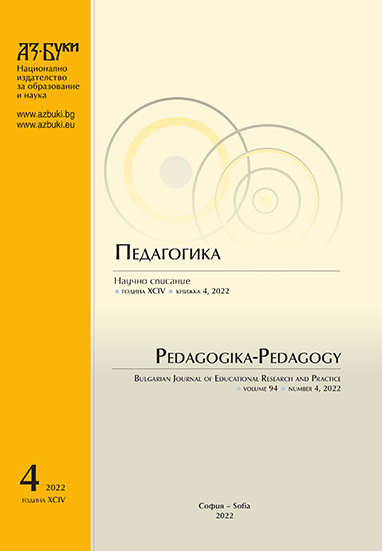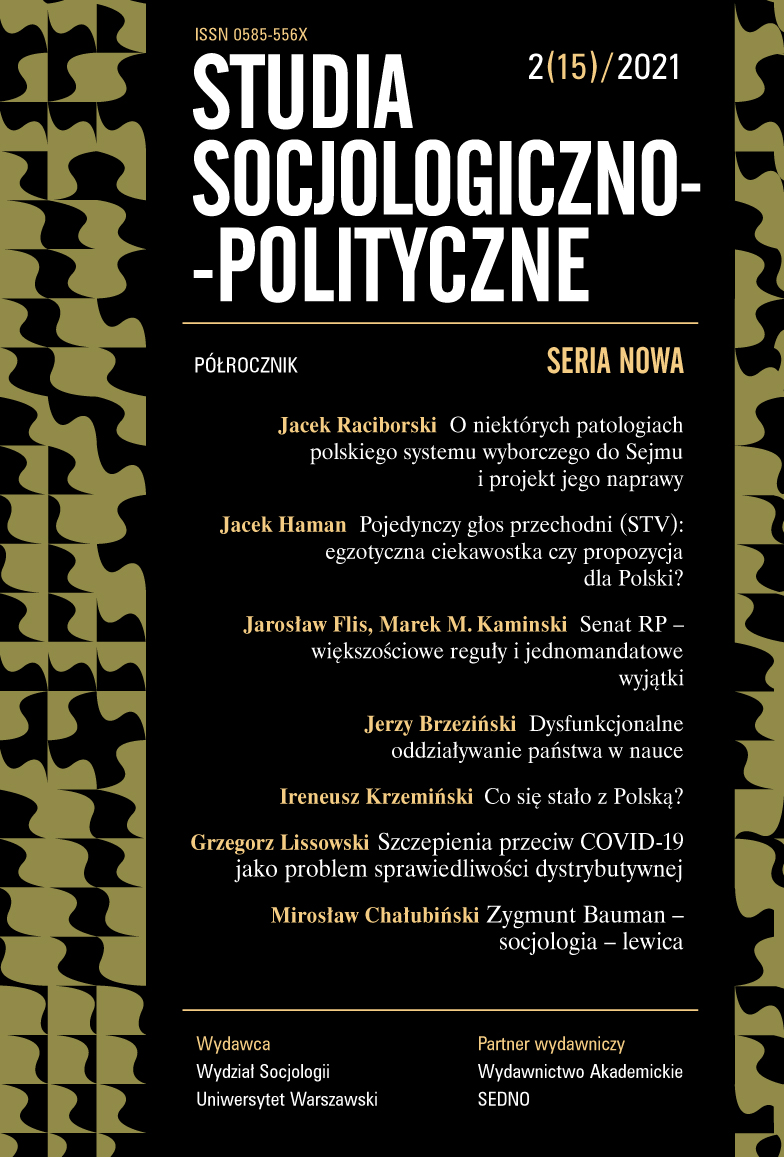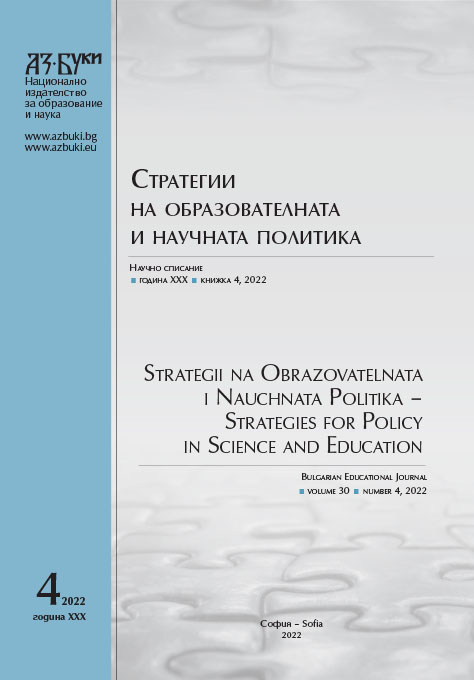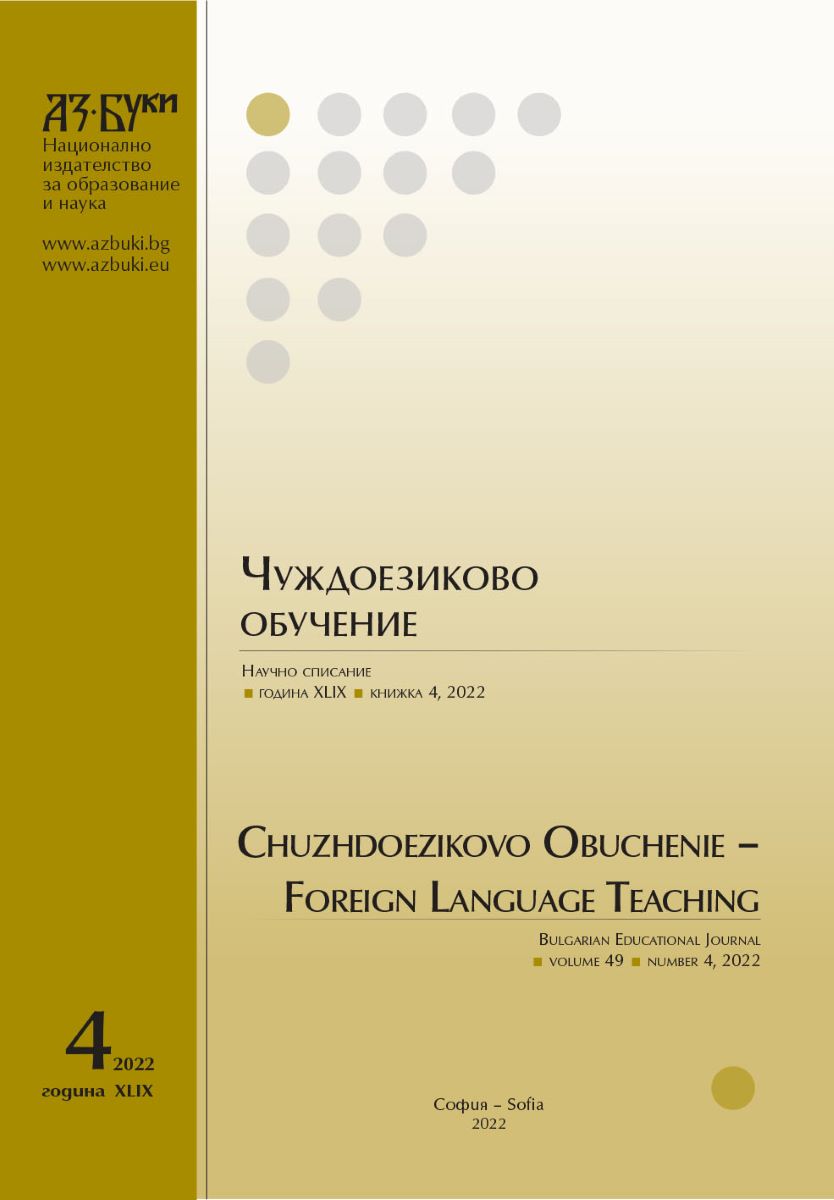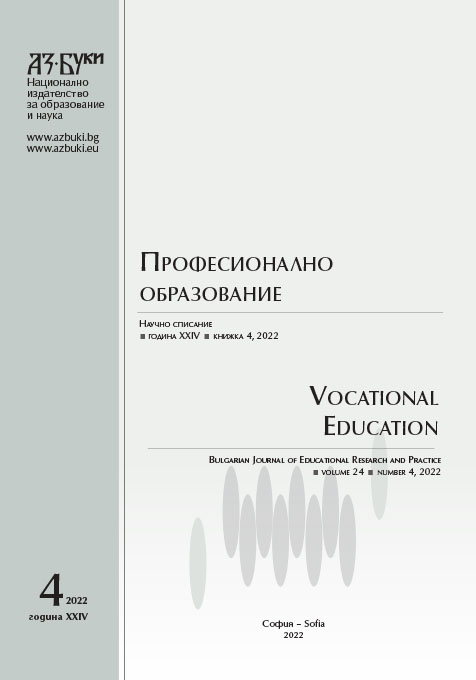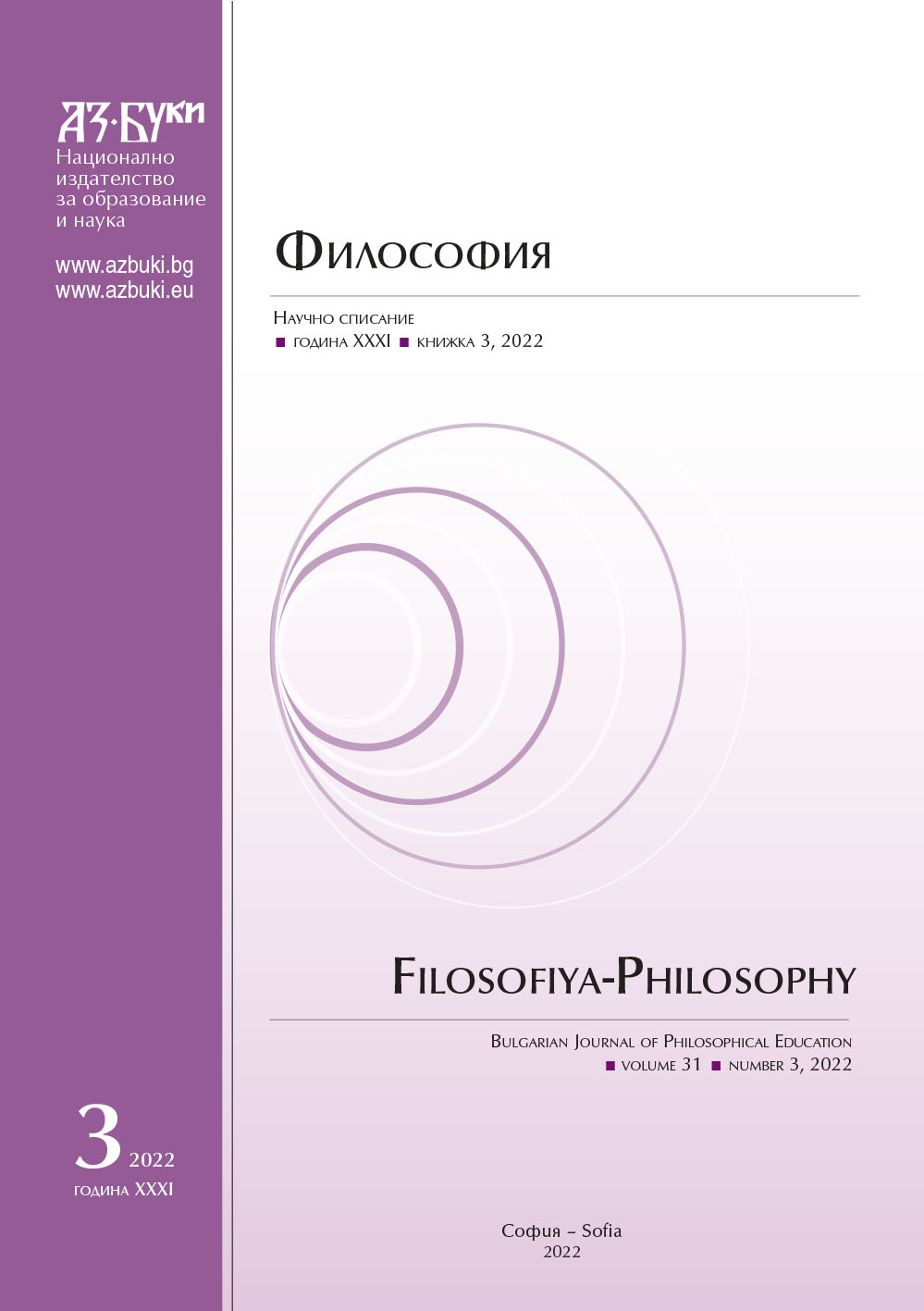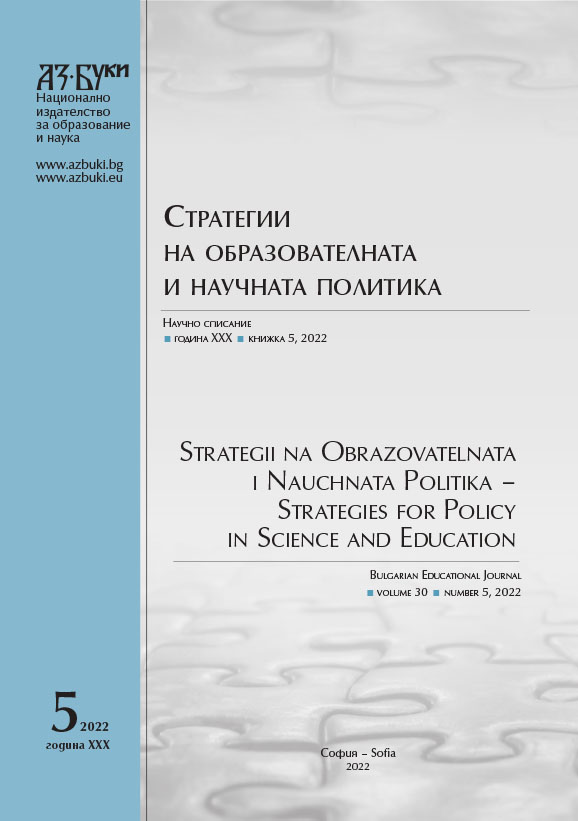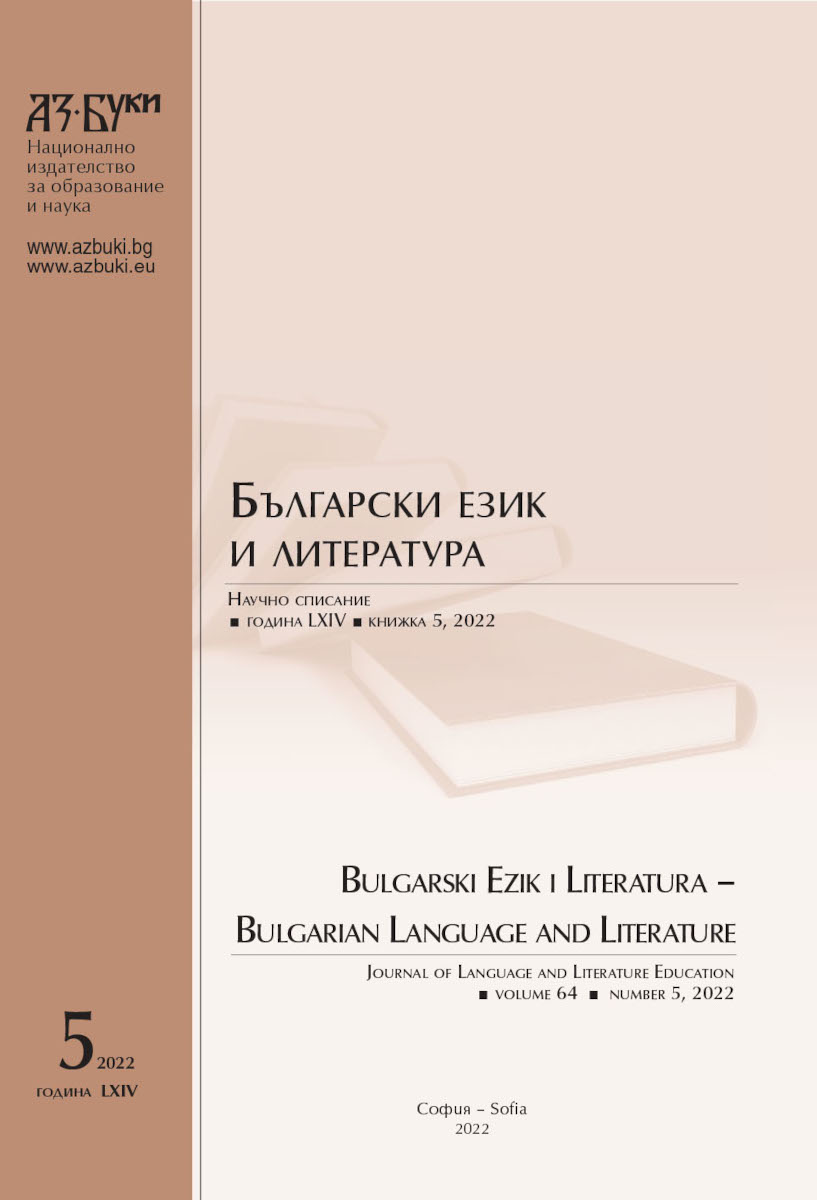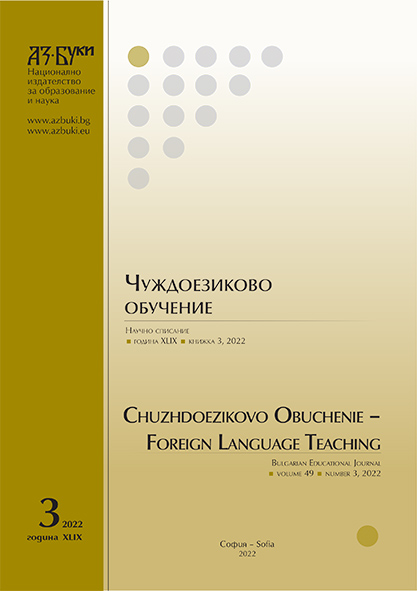
Етнонимът „българи“ в ранносредновековните арменски текстове
The standard form Bulghar, with which Bulgarians and the Land of the Bulgarians (Bulgaria) are recorded in medieval Armenian texts, has been established as traditional only since the 11th century. Until then, there were several attested variations, while the oldest form in the earliest Armenian texts was Bulkar, with “k” instead of “gh” (Movses Khorenatsi’s “History of the Armenians”, circa 482 AD), with parallel variants Bolkar and Blkar in the expanded version of the geography Ashkharats’uits’ of Anania Shirakatsi, who lived in the 7th century AD. This characteristic of the earliest Armenian records of the name “Bulgarians” puts an end to the speculation that the form Bulghar in some copies of the history of Movses Khorenatsi proves that his “Bulgarian passages” are a late interpolation making their reliability disputable. On the other hand, the parallel forms Bulkar, Bolkar and Blkar in Ashkharats’uits’ are a valuable indication that different Proto-Bulgarian groups have pronounced the name “Bulgarians” differently. The last leads to the hypothesis of the existence of dialectal differences among the Proto-Bulgarian tribes in the 7th century and even earlier.
More...
